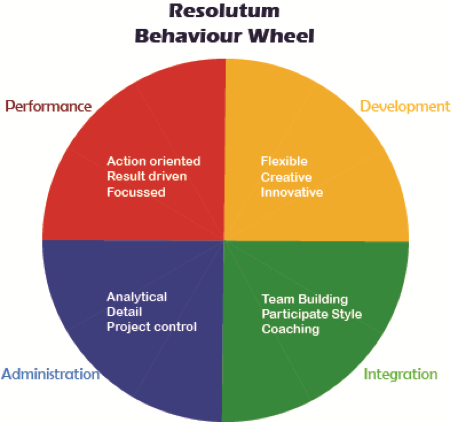Navigating Workplace Mental Health Changes in 2023
Frank Cassells - Director, Cassells / Resolutum ,
As of April 1, 2023, new regulations under the Work Health and Safety (Psychological Risks) Amendment Regulation 2022 have placed the
responsibility on employers to actively manage psychosocial risks in their workplaces. These changes mark a significant shift in workplace
legislation, emphasising the importance of addressing psychological risks.
The legislation identifies various hazards related to psychosocial risks, including those driven by work processes, systems, and workplace
design. However, it's not just tangible factors that need attention; the regulations also encompass the less concrete aspects of workplaces,
such as "workplace interactions or behaviours" and the quality of information, training, instruction, and supervision provided to
workers.
This blend of tangible and intangible hazards creates a unique challenge for employers. While we are accustomed to solving problems with well-defined processes, addressing human behaviour is not always straightforward.
Workplace behaviour is a complex web of relationships and actions, often influenced by emotions. A single individual's behaviour can have a cascading effect on the mental health and well-being of their colleagues, potentially leading to stress and other mental health issues.
Sensory behaviours, which are instinctive and habitual, pose a particular challenge. These behaviours are deeply ingrained and can be
resistant to process-based management. It's crucial for everyone to reflect on their feelings and behaviours to better understand their
impact.
Fortunately, neuroscience offers hope through the concept of neuroplasticity. This means that with the right knowledge and effort,
individuals can alter their behavioural patterns.

To navigate this complex landscape, understanding behavioural preferences is the first step:
- Recognise your own preferences and those of your colleagues.
- Acknowledge that others' sensory-driven behaviours may differ from your own.
- Reflect on your actions and their impact on others, as well as how others' behaviours affect you.
- Strive for an environment that acknowledges and values all behavioural preferences, fostering mutual success.
It's important to note that while managing behavioural risks is now mandated by law, the benefits of ensuring sound mental health in workplaces have always been clear. In the USA, data reveals the growing concern of employee attrition due to mental health issues, with a significant number of Millennials and GenZ-ers leaving their jobs in 2021 for mental health reasons.
By understanding and respecting the multifaceted nature of human behaviour and promoting values of empathy and adaptability, businesses can not only comply with the law but also cultivate environments where employees thrive, leading to collective success and growth.
If you'd like more information on tools to help manage these psychosocial risks, please email frank@cassells.com.au

